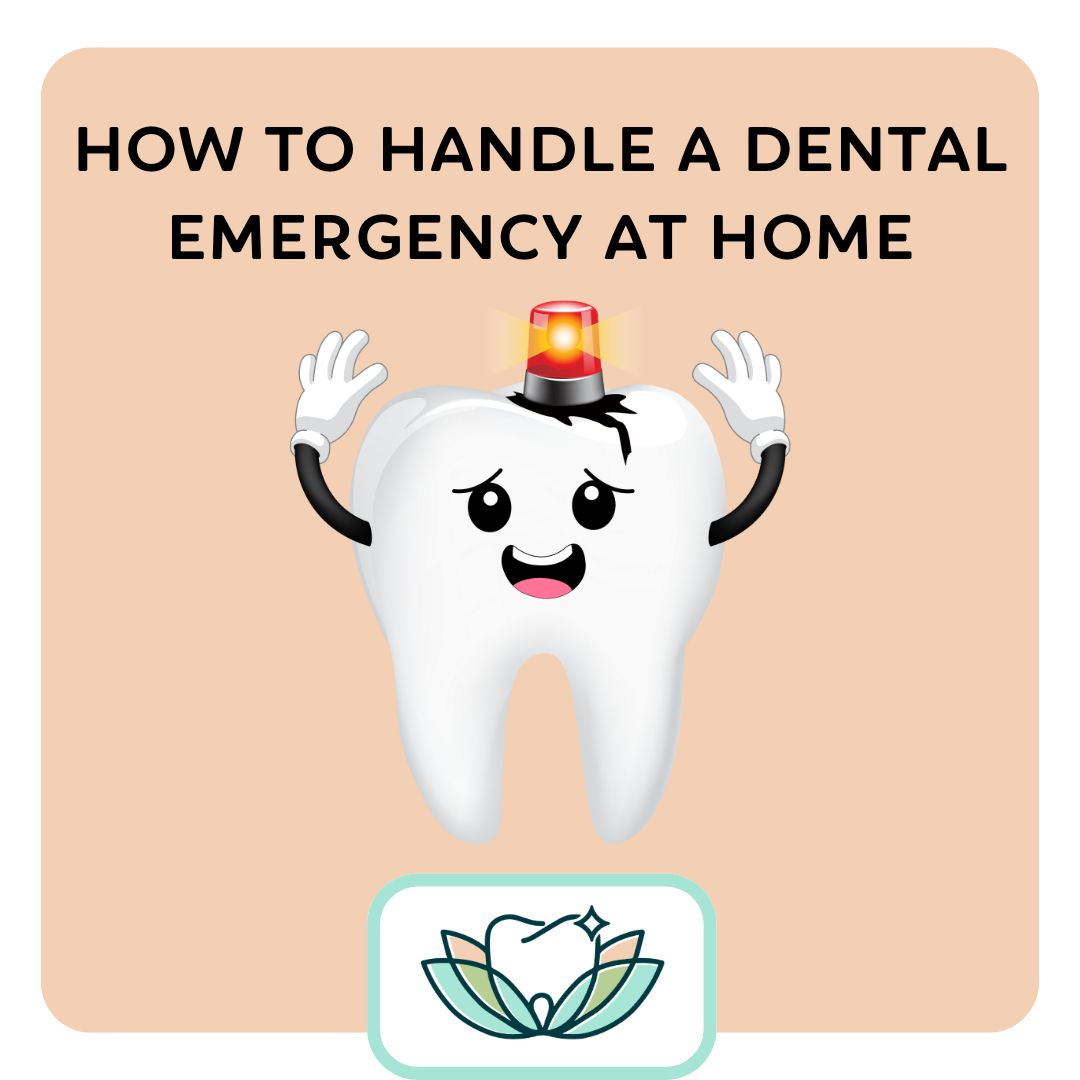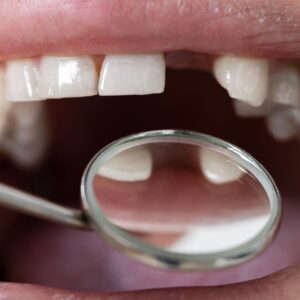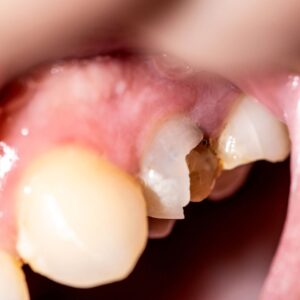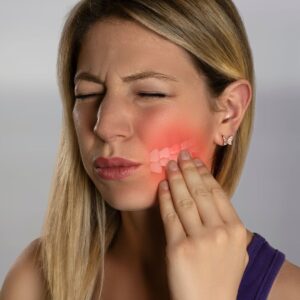
How to Handle a Dental Emergency at Home
Dental emergencies can happen at the most unexpected times, whether it’s during a family gathering, a late-night snack, or a child playing in the yard. Knowing what to do when a dental emergency strikes can make a huge difference in managing pain, preventing further damage, and improving the outcome when you see a dentist. This blog will provide practical, step-by-step guidance on how to handle common dental emergencies such as knocked-out teeth, chipped teeth, or severe toothaches at home before getting professional care.

A knocked-out tooth is one of the most urgent dental emergencies. If handled properly and quickly, there’s a good chance the tooth can be saved.
What to Do:
- Retrieve the Tooth: Carefully pick up the tooth by the crown (the part that is visible in the mouth) without touching the root, as the root cells are delicate and can be easily damaged.
- Rinse the Tooth: If the tooth is dirty, gently rinse it with water, but do not scrub or use soap or chemicals. Avoid drying it or wrapping it in tissue.
- Reinsert the Tooth: If possible, try to place the tooth back into the socket. Have the person gently bite down on a clean cloth to hold it in place.
- If You Can’t Reinsert: Keep the tooth moist by placing it in a container of milk, saline solution, or even inside the person’s mouth between the cheek and gums (but only if they’re old enough not to swallow it). Never use water for this, as it can damage the root cells.
- Seek Immediate Dental Care: Time is critical. Ideally, you should get to a dentist within 30 minutes to maximise the chances of saving the tooth.

A chipped or fractured tooth is less critical than a knocked-out tooth but still requires attention, especially if it’s causing pain or sharp edges that could injure the soft tissues of the mouth.
What to Do:
- Rinse Your Mouth: Use warm water to clean the area and remove any debris.
- Save Any Pieces: If you find fragments of the tooth, save them and bring them to the dentist.
- Stop the Bleeding: If there’s any bleeding, apply gentle pressure with a piece of gauze or a clean cloth.
- Deal with Sharp Edges: To prevent cutting your tongue or inner cheek on the sharp edges of the chipped tooth, cover it with dental wax or sugarless chewing gum.
- Reduce Swelling and Pain: Apply a cold compress to the outside of the face in the area where the tooth is damaged to reduce swelling. Over-the-counter pain relievers like ibuprofen can also help manage pain.
- Visit the Dentist: Even if the chip seems minor, it’s important to see a dentist, as there could be damage beneath the surface.

Toothaches can be excruciating, and they are often a sign of an infection or another underlying dental issue that requires attention. Until you can see a dentist, there are several steps you can take to ease the pain.
What to Do:
- Rinse with Warm Saltwater: This helps to clean the affected area and reduce inflammation. Mix half a teaspoon of salt in a cup of warm water and rinse your mouth gently.
- Use Dental Floss: Sometimes, a toothache can be caused by food or debris stuck between the teeth. Carefully floss around the painful tooth to dislodge anything that might be trapped.
- Apply a Cold Compress: If the area around the tooth is swollen, use a cold compress on the outside of your cheek to reduce swelling and numb the area.
- Take Over-the-Counter Pain Relief: Ibuprofen or paracetamol can help alleviate the pain temporarily until you can see a dentist. Avoid placing aspirin directly on the tooth, as this can burn the gum tissue.
- Clove Oil for Natural Relief: Applying a small amount of clove oil (available at most pharmacies) to the aching area can help numb the pain, as clove contains eugenol, a natural anesthetic.
- See a Dentist as Soon as Possible: While these steps can provide temporary relief, a severe toothache often signals a deeper problem, such as an infection or decay, that needs professional attention.
Final Thoughts
Dental emergencies can be stressful, but staying calm and knowing what to do can make a big difference in the outcome. Remember, these home remedies are temporary solutions to stabilise the situation until you can see a dentist. Seeking professional care as soon as possible is always the best course of action, whether you’re dealing with a knocked-out tooth, a chipped tooth, or a severe toothache.
By being prepared and knowing how to handle these emergencies, you can help protect your family’s dental health even when the unexpected happens.
Don’t wait—book in now for expert care and keep your smile shining bright!
Read more of our related articles here.
